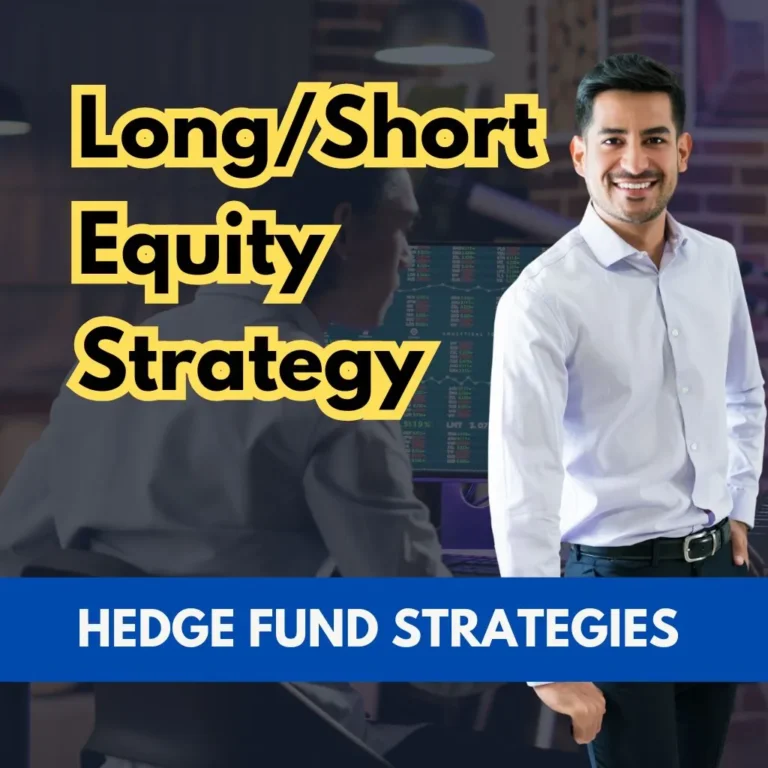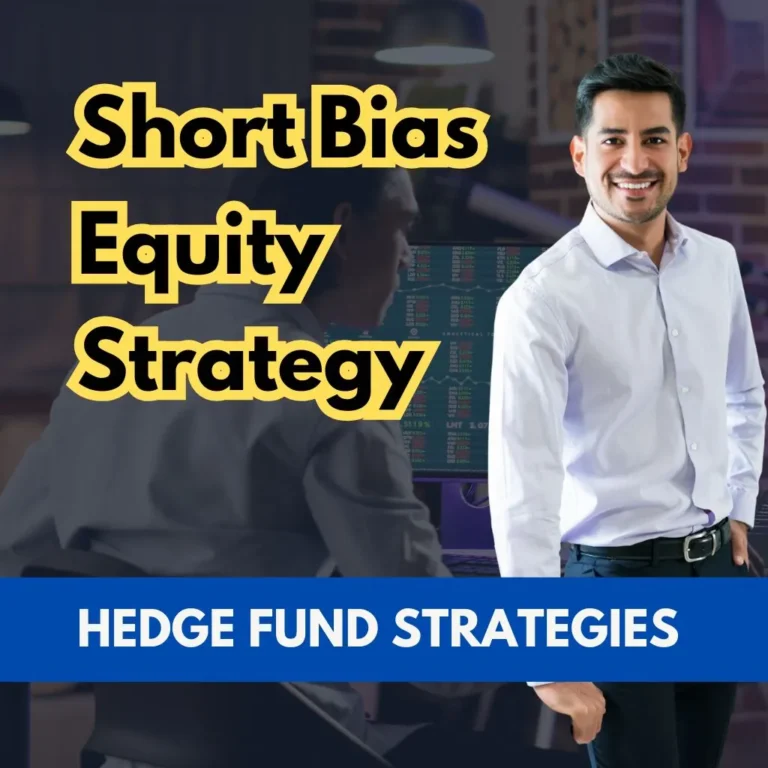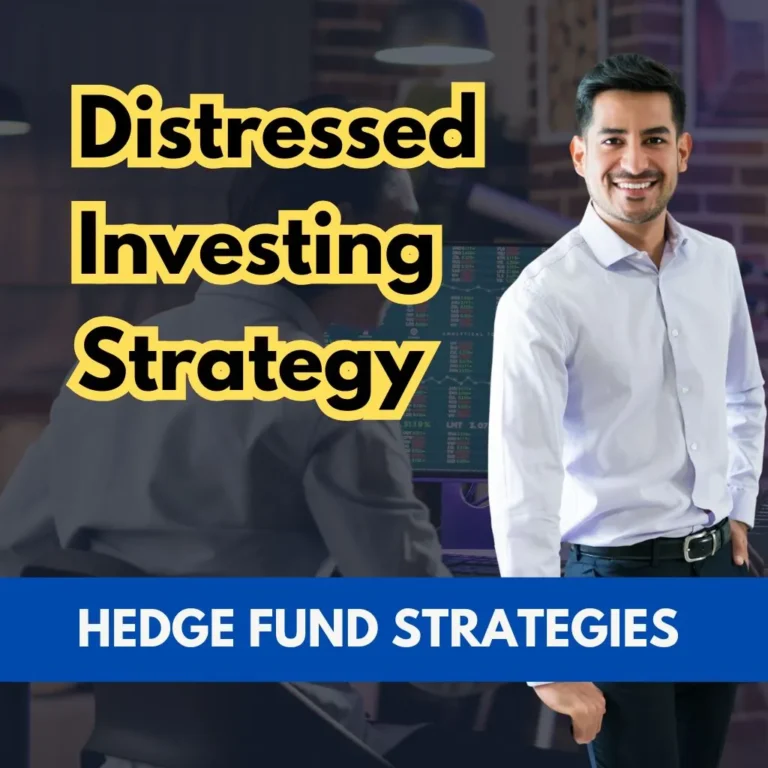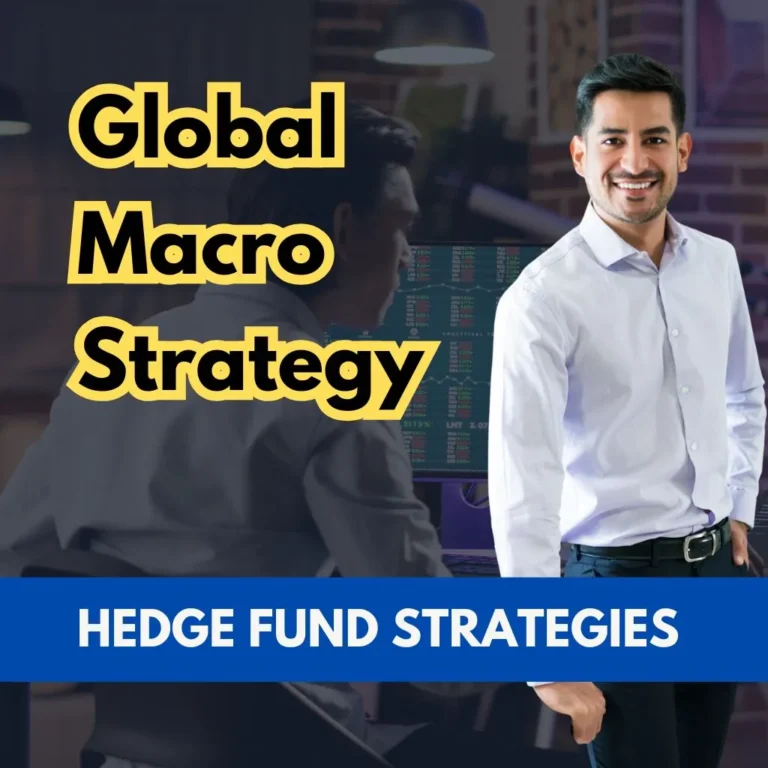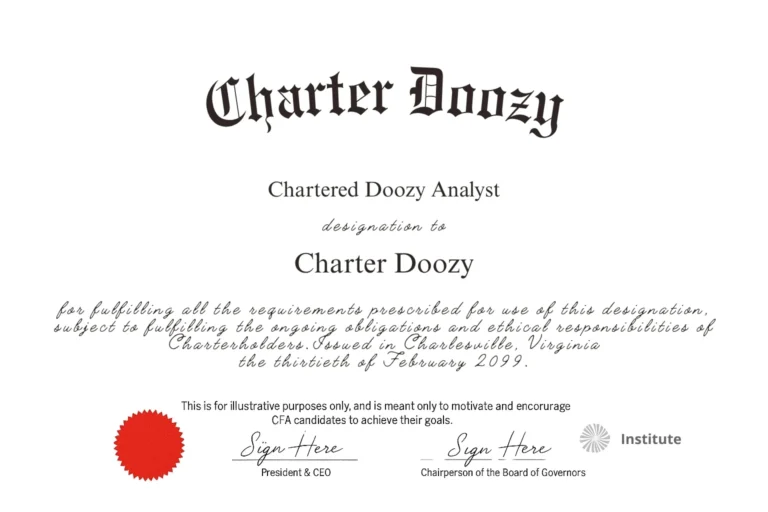In the diverse world of hedge fund investing, few strategies are as nuanced, opportunistic, and intellectually demanding as the Special Situations approach.
At its core, this strategy focuses on investing in companies undergoing unique, event-driven changes… think corporate spin-offs, asset divestitures, regulatory rulings, or post-bankruptcy equity issuances. These are not ordinary shifts in business performance.
They are moments of transformation that can create temporary inefficiencies in pricing, often overlooked or misunderstood by the broader market.
What makes the Special Situations strategy so compelling is its focus on idiosyncratic catalysts. Unlike traditional strategies tied closely to market beta, special situations aim to generate alpha by anticipating how a specific corporate event will affect a company’s value.
The best opportunities arise when there is asymmetry—when the upside potential of an outcome is not yet reflected in the market price due to complexity, uncertainty, or timing.
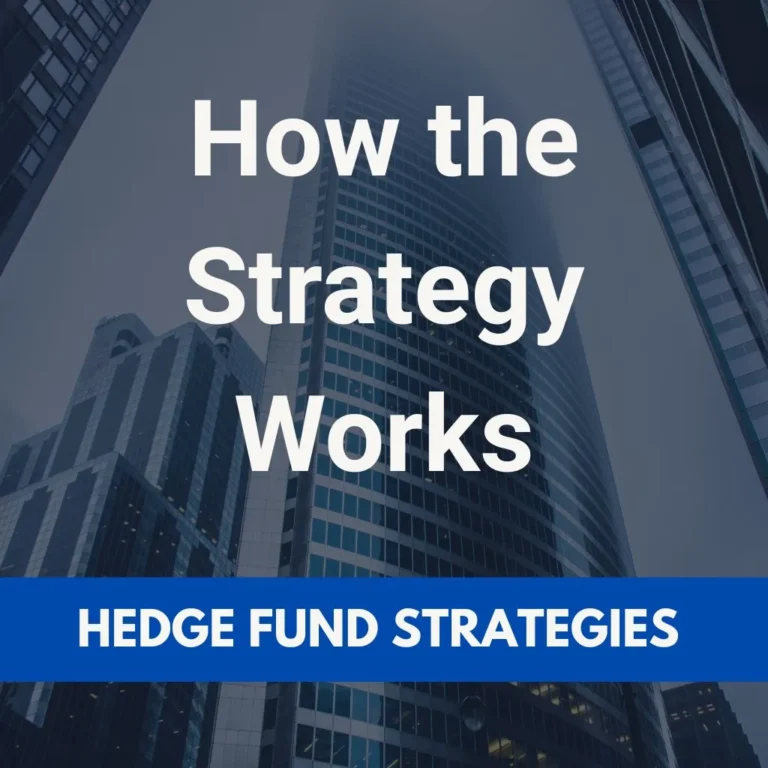
How the Strategy Works
Managers employing a Special Situations strategy look beyond conventional valuation. They begin by identifying companies where a discrete, upcoming event may change the capital structure, governance, earnings potential, or asset profile. These events are typically well-publicized but poorly understood.
For example, a large conglomerate announcing the spin-off of a subsidiary may be signaling a value-unlocking maneuver. While the average investor may not dig deep, the hedge fund manager models the post-spin dynamics: separate valuation multiples, improved operational focus, or the potential for a future acquisition.
Once the event is identified, the fund will structure a position (long, short, or a combination) depending on the anticipated outcome. In some cases, the strategy involves buying stock prior to an asset sale or regulatory approval, with the thesis that the market underappreciates the implications. In others, it may mean shorting a company whose earnings are temporarily inflated by one-off events or unsustainable trends.
The Special Situations investor must not only be right about the event itself but also about how the market will interpret and react to it.
Interested in Learning About Other Hedge Fund Strategies?
Real World Examples
Consider a pharmaceutical company awaiting FDA approval for a new drug. Clinical data is positive, but uncertainty remains high, and the stock is trading at a discount.
A hedge fund with medical and regulatory expertise may see a favorable risk/reward opportunity.
Or take a firm emerging from bankruptcy with a clean balance sheet and a new management team. If the market has not yet re-rated the stock to reflect its turnaround potential, the special situations investor may take a long position before broader awareness sets in.
Another classic scenario involves spin-offs. When a parent company divests a high-growth or highly specialized division, both entities can benefit from sharper strategic focus and more appropriate investor attention.
These situations often involve initial selling pressure (investors who held the parent for unrelated reasons may offload the new entity) which creates a temporary dip in price.
Astute managers use this window to build positions ahead of the inevitable market recalibration.
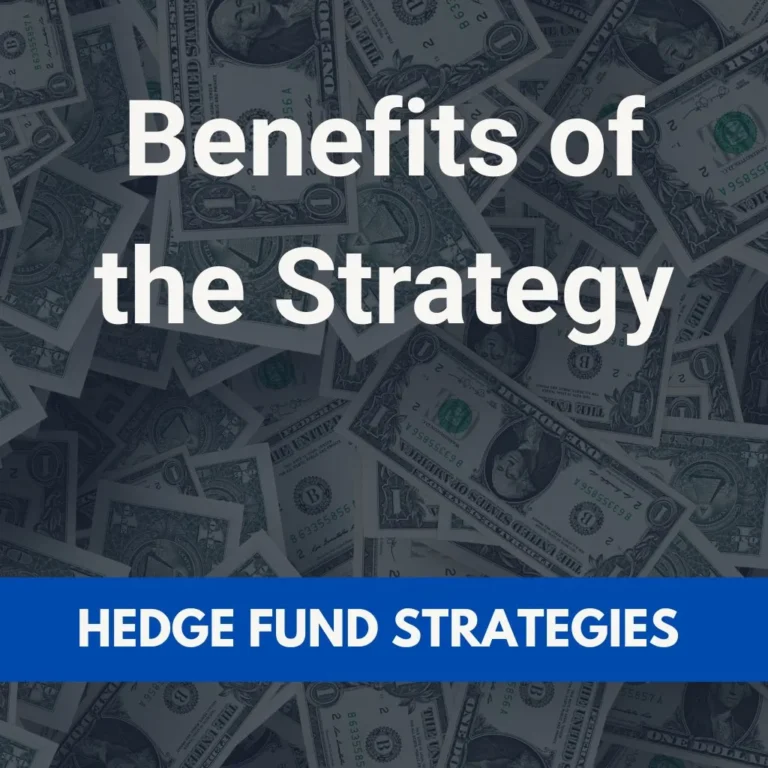
Benefits of the Strategy
One of the defining characteristics of Special Situations investing is that it thrives in complexity. These are not passive plays; they demand deep research, expert judgment, and often, interdisciplinary knowledge.
Legal documents, court rulings, spin-off mechanics, merger agreements, and regulatory nuances are fair game.
This intellectual edge is part of what attracts seasoned hedge fund professionals… and it’s also why these opportunities remain underexploited by traditional investors.
From a CFA candidate’s perspective, this strategy exemplifies many of the CFA Institute’s core teachings: valuation under uncertainty, risk-adjusted return optimization, and the ability to interpret imperfect information in a probabilistic way.
It also rewards patience and conviction… many of these trades take time to materialize and can test a manager’s emotional resilience when the market moves against them in the short term.
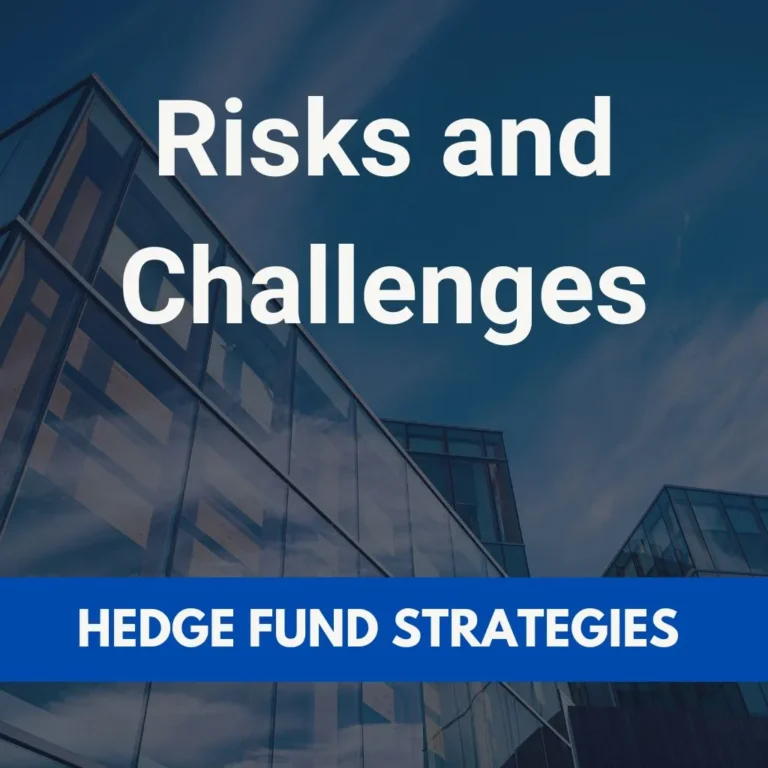
Risks and Challenges
Of course, not all special situations deliver on their promise. Some events get delayed or canceled. Regulatory approvals may get denied. Investors may misread management’s intentions or fail to anticipate second-order consequences.
The strategy also involves operational and liquidity risks… many of the securities involved are thinly traded or subject to abrupt shifts in sentiment. Timing errors, in particular, can turn an otherwise solid investment thesis into a losing position.
Moreover, information asymmetry is a constant challenge. Although hedge funds operate within legal bounds, differing levels of access and interpretation of data can lead to divergent outcomes. A manager may have built a brilliant case, only to see the event fail or unfold in a way that dilutes the original thesis.
Final Thoughts
Special Situations investing sits at the intersection of opportunity and uncertainty. It demands rigor, foresight, and a willingness to embrace complexity in pursuit of mispriced value.
For CFA candidates aiming to understand the full scope of hedge fund strategies, this approach offers a rich study in how markets sometimes get it wrong… and how disciplined, informed investors can capitalize on that.
As you study the hedge fund landscape, keep a close eye on these special situations. They may not dominate headlines, but they often shape the portfolios of some of the most successful, quietly contrarian managers in the industry. In a world of noise, they are the carefully chosen signals.

